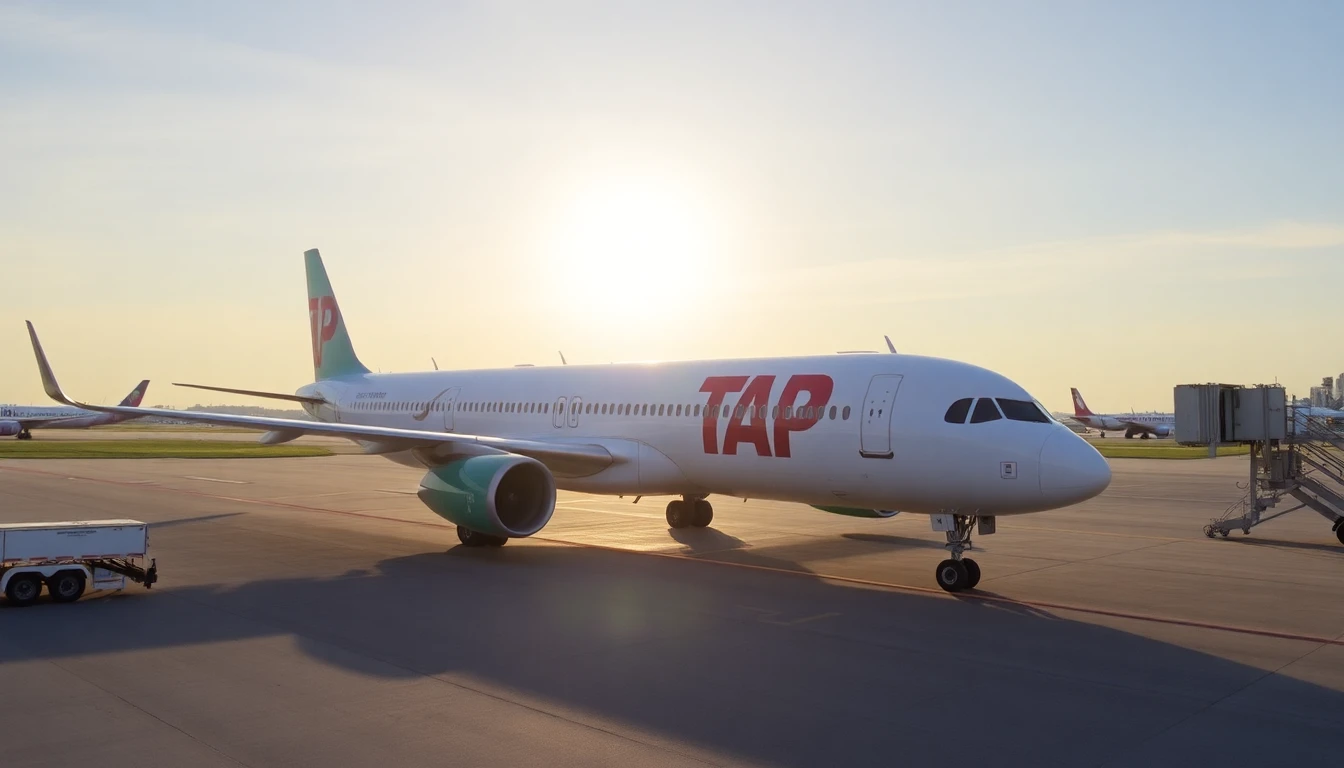
In a recent statement, Portugal's Prime Minister, António Costa, expressed that several firms have shown a keen interest in acquiring a stake in TAP Air Portugal, the country's flagship airline. This announcement comes amid ongoing discussions regarding the future direction and potential privatization of the airline, which has encountered significant financial challenges in recent years.
During a press conference held in Lisbon, Costa indicated that the interest from various investors reflects a growing confidence in the airline's recovery potential and the overall aviation sector in Portugal. He underlined the government’s commitment to exploring these opportunities while ensuring that any decision made would prioritize the long-term sustainability and strategic importance of TAP for the nation.
TAP Air Portugal has been navigating turbulent waters, having required state assistance due to the pandemic's impact on international travel. The airline is currently evaluating its operational structure and possibilities for restructuring its considerable debt load. Costa's acknowledgment of the interest from private firms signals the government's readiness to consider investment proposals that could infuse the airline with much-needed capital and expertise.
Several industry analysts view this interest as a positive development for TAP, suggesting that a successful partnership or investment could accelerate its recovery and enhance its competitive position in the European aviation market. However, the Prime Minister emphasized the importance of maintaining a careful balance between private investment and the airline’s public service obligations, particularly concerning its strategic role in connecting Portugal with the rest of the world.
As the situation develops, all eyes will be on the upcoming negotiations and proposals that could shape the future of TAP and the broader landscape of the Portuguese airline industry. Stakeholders, including employees, unions, and travelers, are eager to understand how a potential deal could affect employment and service quality.
The interest shown by various firms is expected to prompt further discussions within the government, as both domestic and international investors evaluate their options. The possibility of a partial or complete sale of the airline remains on the table, a move that could signify a significant shift in the operational framework of TAP Air Portugal.
Overall, the recent developments surrounding TAP Air Portugal exemplify the complexities of aviation economics in a post-pandemic world. With keen investor interest and a government focused on sustainable recovery, TAP could be on the brink of a transformative chapter in its history.
#TAPAirPortugal #Portugal #AviationNews #AntónioCosta #AerospaceIndustry #InvestmentOpportunities #PublicTransport
Author: John Harris




